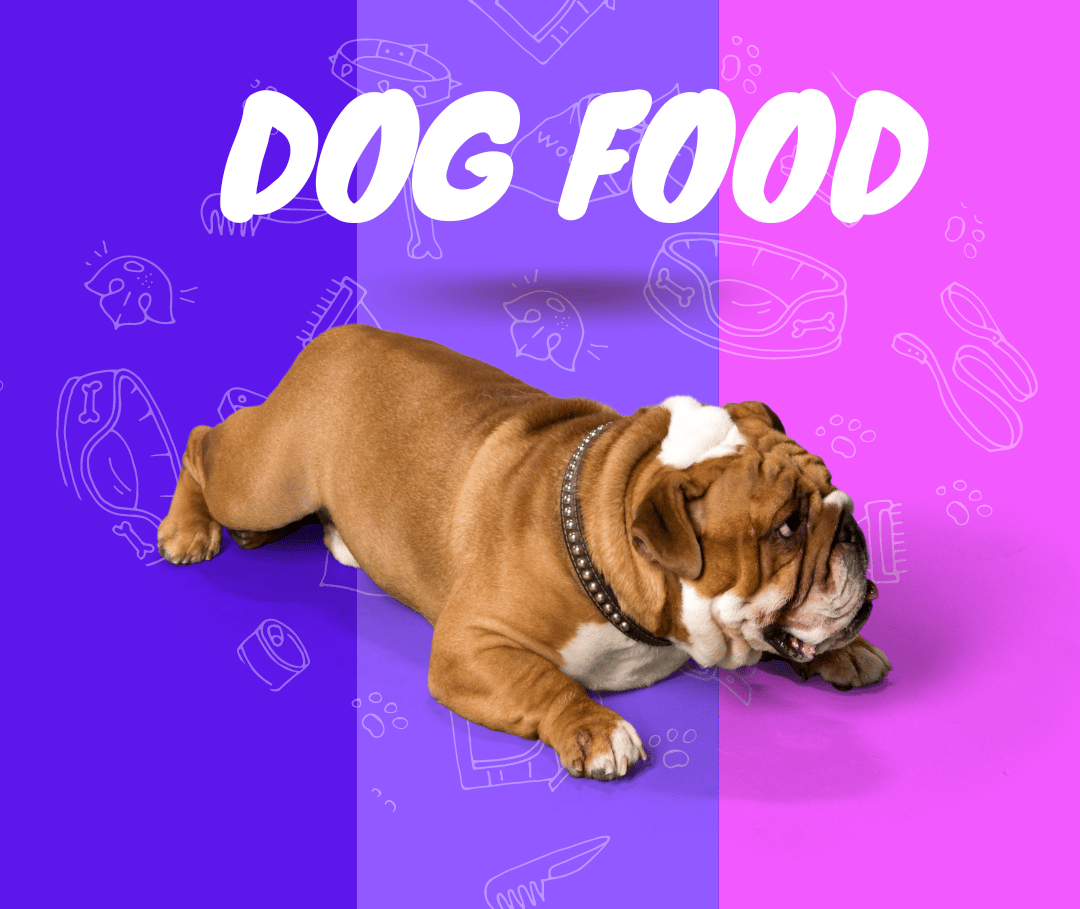As pet owners, we want the best for our furry friends, including providing them with a nutritious and balanced diet. While commercial dog food is readily available, many pet owners prepare homemade meals for their dogs. Homemade dog food gives you full control over the ingredients, ensuring your beloved canine companion receives a healthy and wholesome meal. This article will explore the essential ingredients for homemade dog food, ensuring that your pet receives the nutrition they need to thrive.
Introduction – Best Dog Fitness Food
Providing your dog with a well-balanced diet is vital for their health and well-being. Homemade dog food allows you to tailor the ingredients to meet your dog’s specific dietary requirements, ensuring they receive optimal nutrition. Including essential ingredients can promote your dog’s longevity, strengthen its immune system, and support its overall vitality.
Benefits of Homemade Dog Food
Improved Ingredient Control: With homemade dog food, you have complete control over your ingredients, allowing you to avoid fillers, artificial additives, and preservatives often found in commercial dog food.
Enhanced Digestion: Homemade meals can be easier for dogs to digest, especially if your furry friend has food sensitivities or allergies.
Increased Palatability: Preparing meals at home allows you to include ingredients your dog loves, making their mealtime more enjoyable.
Tailored Nutrition: You can customize the recipe to meet your dog’s needs, such as weight management, allergies, or medical conditions.
Protein Sources
Protein is essential to a dog’s diet as it helps build and repair tissues, supports a healthy immune system, and provides energy. Include high-quality protein sources such as lean meats (chicken, turkey, beef), fish, and eggs in your homemade dog food recipes. Remember to remove any bones and excess fat from the meat before cooking.
Healthy Carbohydrates
Carbohydrates are a valuable source of energy for dogs. Opt for complex carbohydrates like brown rice, sweet potatoes, and whole grains, as they provide essential fibre, vitamins, and minerals. These ingredients aid in digestion and help regulate blood sugar levels.
Essential Fats
Incorporating healthy fats into your dog’s diet is crucial for their skin and coat health and nutrient absorption. Include sources of omega-3 and omega-6 fatty acids such as salmon, flaxseed, and coconut oil. These fats promote a shiny coat, reduce inflammation, and support brain function.
Vitamins and Minerals
To ensure your dog receives a well-rounded diet, include a variety of fruits and vegetables. These ingredients provide essential vitamins (A, C, E) and minerals (calcium, potassium) necessary for optimal health. Some dog-friendly options include carrots, spinach, blueberries, and pumpkin.
Avoiding Harmful Ingredients
Certain foods are toxic to dogs and should be avoided. These include chocolate, onions, garlic, grapes, raisins, and foods containing artificial sweeteners (xylitol). Always double-check the safety of an ingredient before including it in your homemade dog food recipe.
Meal Preparation Tips
a. Cook the ingredients thoroughly to ensure they are safe and easily digestible for your dog.
b. Avoid excessive salt, spices, or seasonings, as they can harm dogs.
c. It’s recommended to consult with a veterinarian or canine nutritionist to ensure your homemade meals meet your dog’s specific nutritional needs.
Portion Control and Feeding Guidelines
Determining the right portion size for your dog is essential to maintain a healthy weight. Age, weight, activity level, and overall health should be considered. Consult your veterinarian to establish a feeding guideline for your dog’s needs.
Consulting with a Veterinarian
Before transitioning your dog to a homemade diet, it is crucial to consult with a veterinarian. They can assess your dog’s nutritional requirements, identify any specific dietary restrictions or health concerns, and provide guidance on creating balanced meals.
Conclusion
Preparing homemade dog food for pet fitness offers numerous benefits, allowing you to provide your furry companion with a wholesome and nutritious diet. You can enhance your dog’s overall health and well-being by incorporating essential ingredients such as high-quality protein, healthy carbohydrates, essential fats, vitamins, and minerals. However, it’s important to consult with a veterinarian to ensure your homemade meals meet your dog’s specific nutritional needs.







